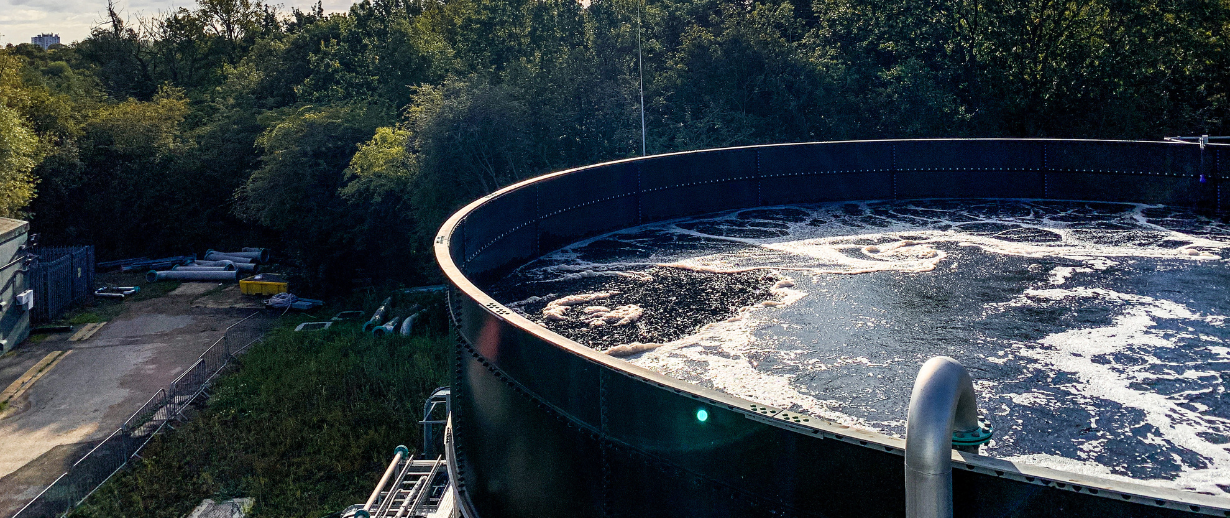For industrial facilities, failing to meet regulatory standards in terms of water and wastewater treatment can result in costly Environmental Agency fines. Here, Dan Parry, Head of Sales - Municipal and Industrial at Veolia Water Technologies UK outlines the importance of chemical oxygen demand (COD) when looking at a plant’s water quality and some of the solutions that can help to tackle high-COD levels.
COD measurements provide vital information about the level of pollution and contaminants within a plant’s wastewater and the effect that this water will have if discharged into the environment. A high level of COD means that the wastewater contains too much organic material, which can reduce the level of dissolved oxygen (DO) in the water course if the effluent is discharged, thereby harming the local environment.
Reducing COD: The benefits

As well as complying with legislation and potentially avoiding substantial penalty charges, there are a number of other key benefits to reducing COD levels, including:
- Optimisation of plant operations and resource efficiency, reducing capital outlay as well as your organisation’s carbon footprint.
- Additional financial savings from potentially reusing treated water in other sections of the plant, saving money on waste disposal and water supply costs
- Mitigating contamination in water supplies and local ecosystems, improving environmental sustainability.
How to reduce COD effectively and efficiently
.png?width=1230&name=Blog%20Headers%20(1).png)
The requirements of every wastewater treatment plant are different, depending on the nature of the business, site, and other factors relating to water and energy supply. Industrial effluents can also be incredibly diverse, containing various types and amounts of contamination.
At VWT UK, we understand that each site requires a bespoke water treatment system to fit the needs of its specific application. We take into account the regulatory and compliance standards that are specific to each market sector and provide guidance on the most appropriate and efficient technologies for all major industries, encompassing food and beverage, automotive, mining, pharmaceutical, petrochemical and power.
COD can be reduced and managed via a range of systems and technologies, from aerobic and anaerobic biological treatments to filtration, coagulation and flocculation to remove organic and inorganic materials. In sewage treatment, microbes can be aerobic or anaerobic.
- Anaerobic wastewater treatments break down organic contaminants using anaerobic microorganisms that are selected for their ability to degrade organic matter into biogas or biosolids.
- Aerobic wastewater treatments break down organic contaminants using oxygen, via a mechanical aeration device, and aerobic microorganisms that feed on the wastewater’s organic matter, converting it into carbon dioxide and biomass.
- Clarification removes suspended solids and flocs (particles) by allowing them to settle through the use of flocculants and coagulants.
- Evaporation separates contaminants to produce distilled water and also helps facilitate solid recovery, which incurs zero waste.
- Filtration removes impurities using a semi-permeable membrane, usually following a pre-treatment stage.
- Dissolved air flotation (DAF) separates suspended solids, oils and grease from wastewater.
All VWT UK systems and treatment processes are designed to ensure maximum uptime of water services, while also being highly beneficial for the environment and business operations. Getting a head start on implementing these solutions will help wastewater companies avoid costly penalties as well as reducing the impact of operations both now and in the future.
Read more about municipal wastewater treatment here and industrial wastewater treatment here.